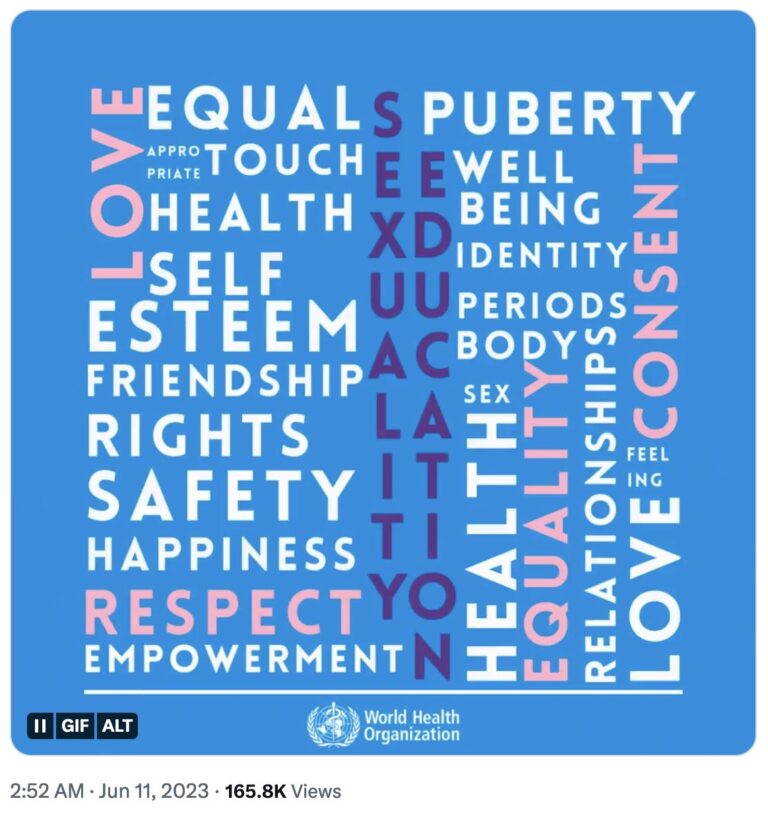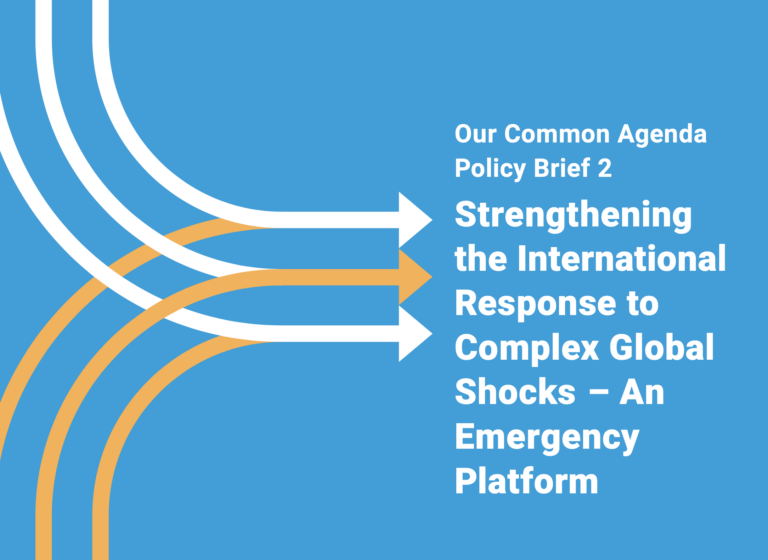Crucial steps you need to take now to protect your identity, assets, and sovereignty from Big Tech elites
The social credit system is already here in the United States, and its implications for our lives and our children are enormous.
For those who aren’t familiar with the topic, the Communist government of China has implemented a “scoring system” to gauge the “trustworthiness” of individuals and business entities in China.
Chinese citizens are monitored and surveilled in real-time, with consequences being potentially dire. This score is tied to what services you can access in society, including employment opportunities, the ability to use transportation systems, and access to government services.
While we may think that something so Orwellian cannot occur in the United States with its vibrant history of democracy and open freedoms, we warned in a previous article that this system is already here. It has been quietly implemented through the corporate business community. Big Tech companies have long been willing to abuse their terms of service agreements for their benefit. This practice has now reached a new high after the COVID-19 pandemic.
The business community has embraced a culture of “wokeness.” It has been all too willing to utilize forceful practices like censorship, blacklisting, and cancellation of accounts to “dissuade” its customers from misbehaving.
But, even more disturbing, secret government coercion of the business community (such as the Biden administration’s collusion with Facebook to censor COVID pandemic criticism) raises a specter that threatens our freedoms.
We need to reduce our reliance on Big Tech and other “woke” corporations. Remember, you can only be controlled only to the extent that your life is dependent on their services.
Here’s what you need to do now to protect yourself:
Start using email services that protect your privacy – Use email services like Protonmail or Tutanota that emphasize privacy. Google’s Gmail service is not “free.” In return, you provide them data that will be used to build a marketing profile of you and will be fed into their AI systems.
Do your web searches with DuckDuckGo or StartPage instead of Google or Bing – These search engines have a stronger emphasis on privacy than Google or Bing search, the latter of which are known to collect your info and distribute it to third parties.
Stop browsing the web using Google Chrome or Microsoft Edge – Neither Google nor Microsoft cares about your privacy. Instead, take the time to install and use a more secure alternative like Brave browser, Opera browser, Waterfox browser, or the grand-daddy of browser privacy, Tor Browser.
Use Rumble for watching videos, and install Adblocker when watching on YouTube – Prefer Rumble when you have to watch videos. But understandably so, much content is present on YouTube, so you should use Brave Browser plus install the Adblocker extension, which blocks those annoying ads.
Ditch any cloud storage solution without zero-knowledge encryption – Sorry Google Drive, Microsoft cloud storage, Amazon Drive, and Apple iCloud, but you don’t make the privacy cut. These services still allow Big Tech to look at and audit your content. Instead, opt for a service that has zero-knowledge encryption in which the company cannot look at your content. There are numerous providers listed in this article, but some examples are Sync, Icedrive, and Tresorit.
Ditch non-secure photo-sharing services and opt for one with privacy built-in – Using Google Photos, Instagram, Facebook, Flickr, and the cadre of mainstream photo-sharing services exposes you to Big Tech holding your photos hostage. Instead, use a photo-sharing service that emphasizes privacy, like Smugmug or Cryptee.
Opt to use secure video-conferencing that safeguards privacy – Many of us who have gotten used to using Zoom for video-conferencing were disappointed by the recent announcement that Zoom will now start feeding your data to AI. Instead, use privacy-oriented videoconferencing like Jitsi and Whereby.
Stop using your Google and Facebook IDs for signing into other websites – The more we rely upon centralized web identification for signing onto websites, the more dependent we become. You do not want to get locked out of essential websites if Google decides to cancel your account. Instead, create individual accounts for all websites.
Stop using Amazon and order directly from providers or buy locally – Many of us have become reliant upon shopping on Amazon for our goods, and this makes us dependent on a central provider. Instead, order directly from the websites of providers, say Walmart.com, Target.com, or BarnesandNoble.com, or better yet, aim to support brick-and-mortar businesses.
Aim to use cash whenever you can – Credit card companies track our spending usage and use that data to feed into their AI systems or sell your info to third-party party marketing companies. Cash is king in that it cannot be tracked. Aim to use it whenever you can to support brick-and-mortar businesses.
Store local copies of all your data on multiple external hard drives – You should keep all copies of your data and photos on local external hard drives. It’s easy to purchase terabyte-sized storage from Seagate and back up all your data. It is essential you keep multiple copies for redundancy.
Think decentralization and redundancy for all your usages – The Navy Seal dictum “One is none, two is one” applies here. If you only have one of something (say email, photo storage, video-conferencing solution, local external storage, etc.), then you are unprotected in terms of failure. You need multiple copies of everything. I like to have at least three copies of any important data.
By implementing the above solutions, you can drastically reduce your reliance upon Big Tech and protect yourself from their efforts at coercion as they roll out their social credit system. By taking this time now and learning how these systems work, you can increase your level of freedom and protect your identity, assets, and security.
Because we cannot trust Big Tech companies, it is up to us to educate ourselves on technology and how to use these tools. It’s not hard! It just takes a little time and effort, but then you will be protected. Decentralization and redundancy are the key considerations. Good luck!








